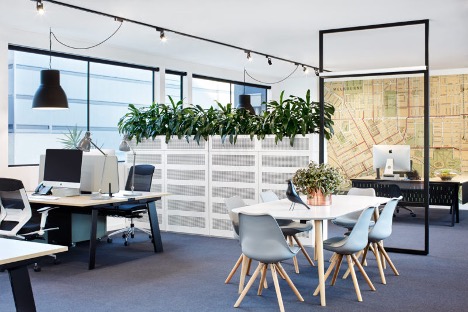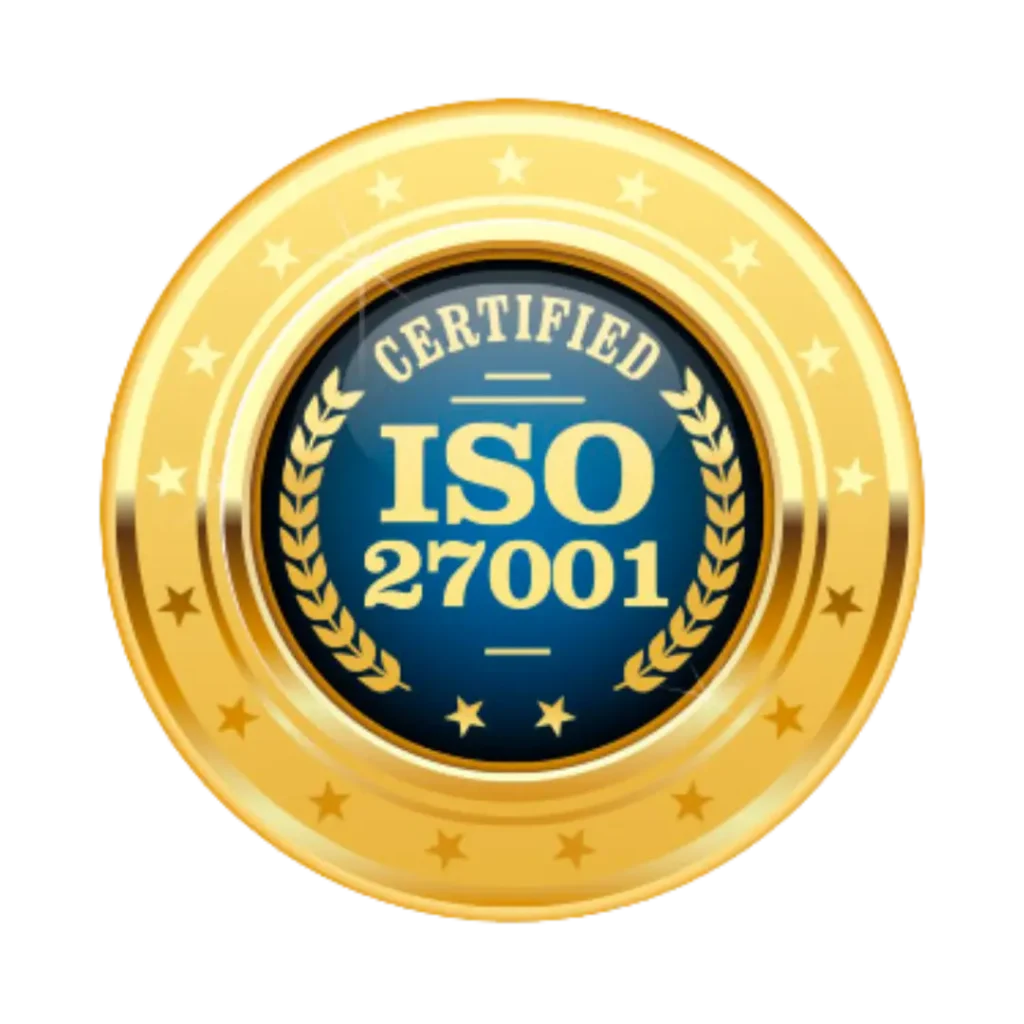How is office hoteling different from other workplace seating practices?

Now that businesses know the advantages of a flexible workplace, they are beginning to implement innovative work arrangements. Having a fixed place to sit at work may be comforting, but statistics don’t necessarily support this. It is not worth having your staff spread out throughout the office if they only use half of it each day. They could work with the coworkers they want and at the location they want. Many businesses ponder whether they should spend money on more office space for their expanding business, although this is highly improbable. Instead, you may effectively utilize your office space by using flexible workplace management techniques, such as office hoteling. It enables your staff to operate more productively, freely, and comfortably.
What is an Office Hoteling Space Model?
A flexible work environment is the core of the office hoteling model. Your employees can claim or reserve workspaces provided by your business, such as desks, cubicles, offices, and meeting rooms, both in advance of their arrival and throughout the workday. It represents a different strategy from the usual permanently assigned office seating. You may provide your employees the flexibility and freedom to work wherever they want, whenever they want, with office hoteling solutions.
What Is the Difference Between Hot Desking and Office Hoteling?
People typically conflate the terms “office hoteling” and “hot desking,” and they regularly and incorrectly use them interchangeably. The degree of organization and control is where the two models diverge most. You must make a reservation and check-in when using your company’s booking system to access a workspace. It functions in a manner akin to a real hotel. The individual entering the office must check in with the system to access their reserved seat, even if the room is filled with empty desks and workstations.
A concierge or sophisticated software created especially to manage workspaces could be the system. However, the most important feature of this flexible workplace is that every employee goes through the same procedure, and every desk assignment is documented in a consistent manner.
Hot desking, on the other hand, is a far less constrained and flexible workplace approach. It’s a different approach to managing open office chairs that don’t entail making reservations. With this work arrangement, the employee selects their workspace when they get to the office instead of making a reservation in advance. The only purpose of a hybrid desk booking system’s requirement that a person check in before entering the office is to regulate its capacity.
Although their ideas are conceptually identical, they differ in how employees access their workspaces. For example, companies that want more control over their office space frequently choose office hoteling solutions, whereas those who don’t care about capacity and prefer a more relaxed atmosphere often choose hot desking.
Companies are now more than ever taking into account office hoteling and hot-desking as part of their return-to-work strategy. They are effective models that make it simpler for employees to return to the office after working remotely, and they may eventually take over as the standard.
Why Is Office Hoteling a Good Idea for Your Company?
The practice of office lodging has many benefits for both the staff and the business. Adopting this flexible work arrangement can be of interest to you if you want your company to attract and keep a talented team while staying ahead of the competition.
Enhances and supports the experience of working remotely
A hoteling office environment encourages employees who primarily work remotely to come into the office occasionally. It succeeds in getting them to the workplace where they may take the necessary actions and interact with their coworkers and management in person. The staff members can also spend time fully immersed in their workplace surroundings. On the other side, implementing this flexible work schedule may make it simpler for employees who spend the majority of their time at the office to begin working remotely. These factors make hoteling quite beneficial for businesses utilising a hybrid workforce
Promotes cooperation and teamwork
Employees are more inclined to cooperate with one another when the office’s space and resources are distributed according to necessity rather than based on rank. It makes it possible for a natural team mindset to grow over time. For each person to operate at their highest level of productivity, they do not all need to use the same workstation. While some people like to work independently and in peace, others could work better in a group or in the commotion of an open office. Depending on the task they are working on at the time, employees may even prefer to alternate between the two. A corporation can allow their employees to select through office hoteling.
Better office space management
Employees who work primarily from home or while travelling do not require a permanent workstation. Through hoteling, the business can eliminate unused workstations and reduce the amount of space needed to house its employees. By focusing on the essentials, an organisation can reorganise its space to better support its workflow and the collaboration of every person on-site. It accomplishes this while taking into account the requirements of workers with hybrid work schedules who need to spend time in the office periodically
Overhead costs are reduced
One of its main advantages is the financial savings that a hoteling office space design may offer. Reduced square footage can help a business save money on rent, utilities, and energy. In addition, an organization can invest more in expanding its business if these expenditures are kept to a minimum. A business can also expand its workforce without having to purchase additional office space if employees are not expected to work eight hours a day or at a fixed workstation.
Facilitates the Management of Satellite Offices
Office hoteling solutions can be very helpful for large firms with plenty of corporate campuses and global satellite offices. Employees may be able to work remotely and have access to any resources they need without being restricted to a particular location, thanks to this flexible work arrangement. Travelling consultants and management team members need a uniform experience across offices to retain high productivity because of the comfort of the setting. Employees who work in hoteling office spaces can reserve a desk or workstation at the office closest to them, allowing them to utilize their employer’s facilities fully.
An increasing number of employers are finding that the traditional office space is inefficient and no longer a good use of resources. With more people working remotely and flex schedules on the rise, businesses are taking full advantage of cheaper, more flexible office space options. However, very few businesses are without an in-house meeting space or conference room—or are even aware of what to do with an empty office space. In other words, hoteling is ideal for companies that want their employees to telecommute or work from home but still need a central location for formal meetings or other events.
Neoffice is built with a suite of workspace tools that help employees choose how and where they work while providing organizations with a platform to manage their hybrid workplace with ease and complete control. The solution comes with 9 features on one single app – Team planner to organize a collaborative effort for a team, Seat Scheduling, Meeting room Booking, Hot Desking, Car park Slot Booking, Digital cafeteria to pre-order your meals at work, Employee commute solution, Survey forms. All Features are modular and the client can choose to subscribe to the relevant solution.
To know more about the solution, do drop a mail to [email protected]

